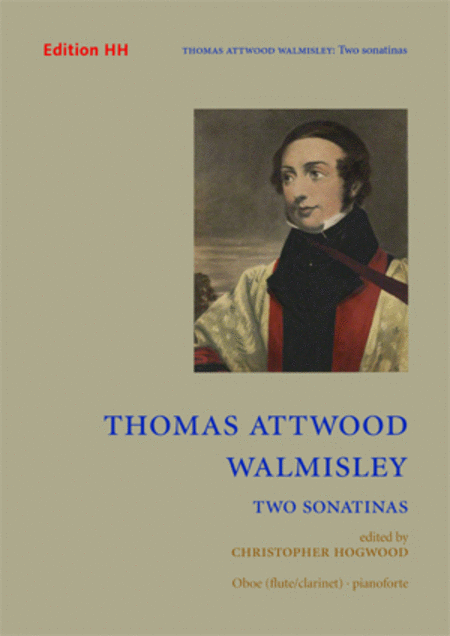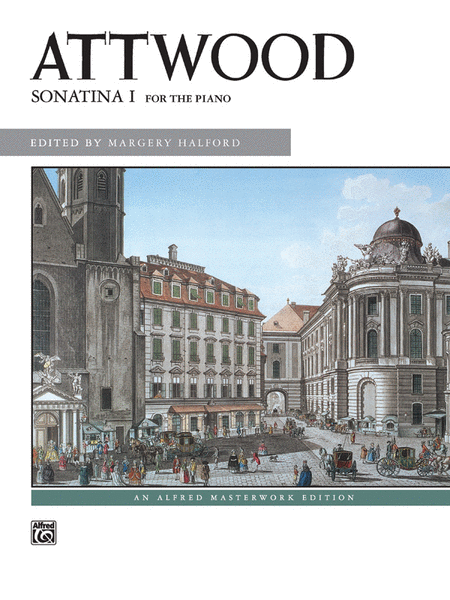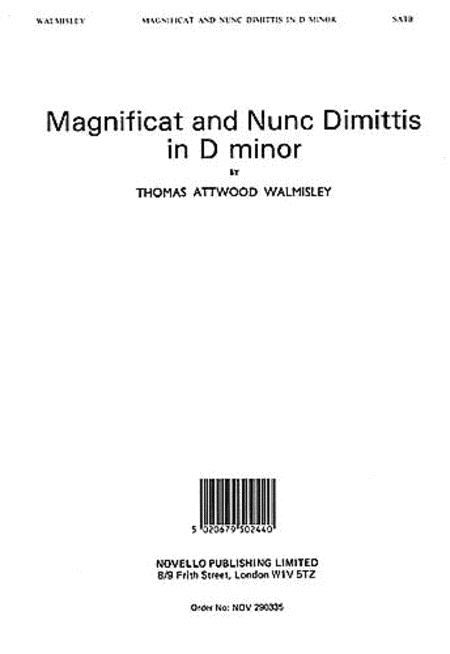Thomas Attwood (1765 - 1838)
 Royaume-Uni
Royaume-Uni
 Royaume-Uni
Royaume-UniThomas Attwood (23 November 1765 – 24 March 1838) was an English composer and organist.
The son of a musician in the royal band, Attwood was born in London, probably in Pimlico. At the age of nine he became a chorister in the Chapel Royal, where he received training in music from James Nares and Edmund Ayrton.[1] In 1783 he was sent to study abroad at the expense of the Prince of Wales (afterwards George IV), who had been favourably impressed by his skill at the harpsichord. After two years i ... (Read all)
Source : Wikipedia
The son of a musician in the royal band, Attwood was born in London, probably in Pimlico. At the age of nine he became a chorister in the Chapel Royal, where he received training in music from James Nares and Edmund Ayrton.[1] In 1783 he was sent to study abroad at the expense of the Prince of Wales (afterwards George IV), who had been favourably impressed by his skill at the harpsichord. After two years i ... (Read all)
Source : Wikipedia
FREE SHEET MUSIC BAROQUE
Active criterias:
Search #Baroque

















 SHEET MUSIC
SHEET MUSIC